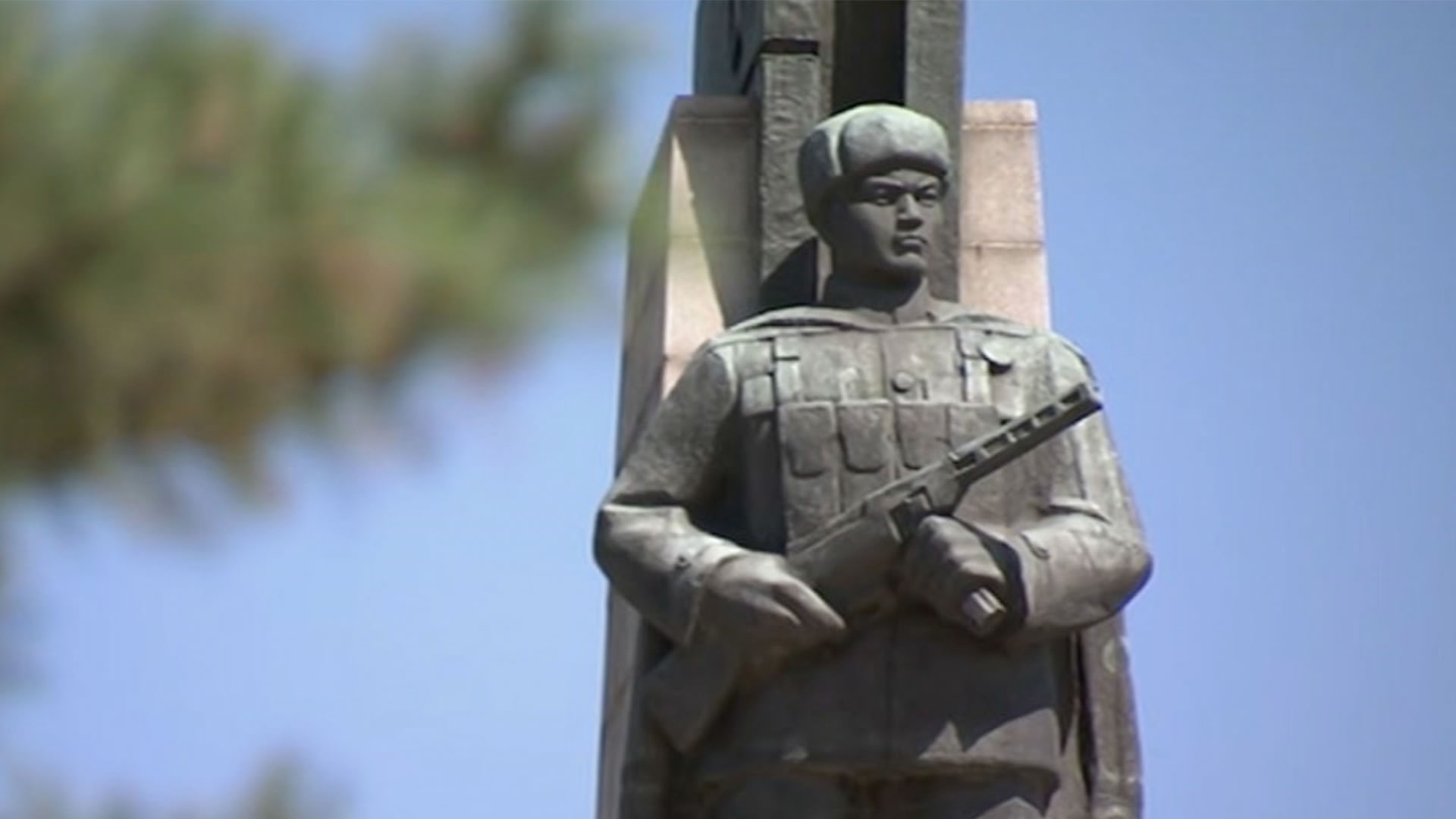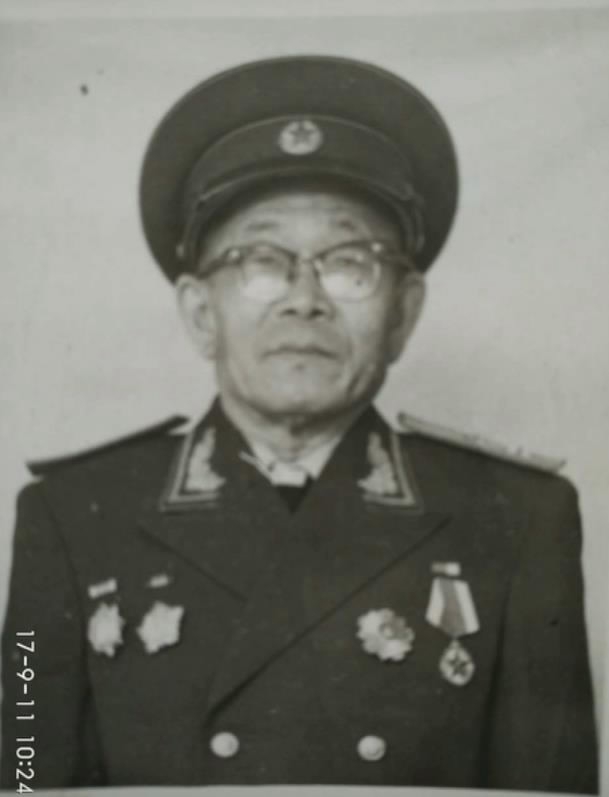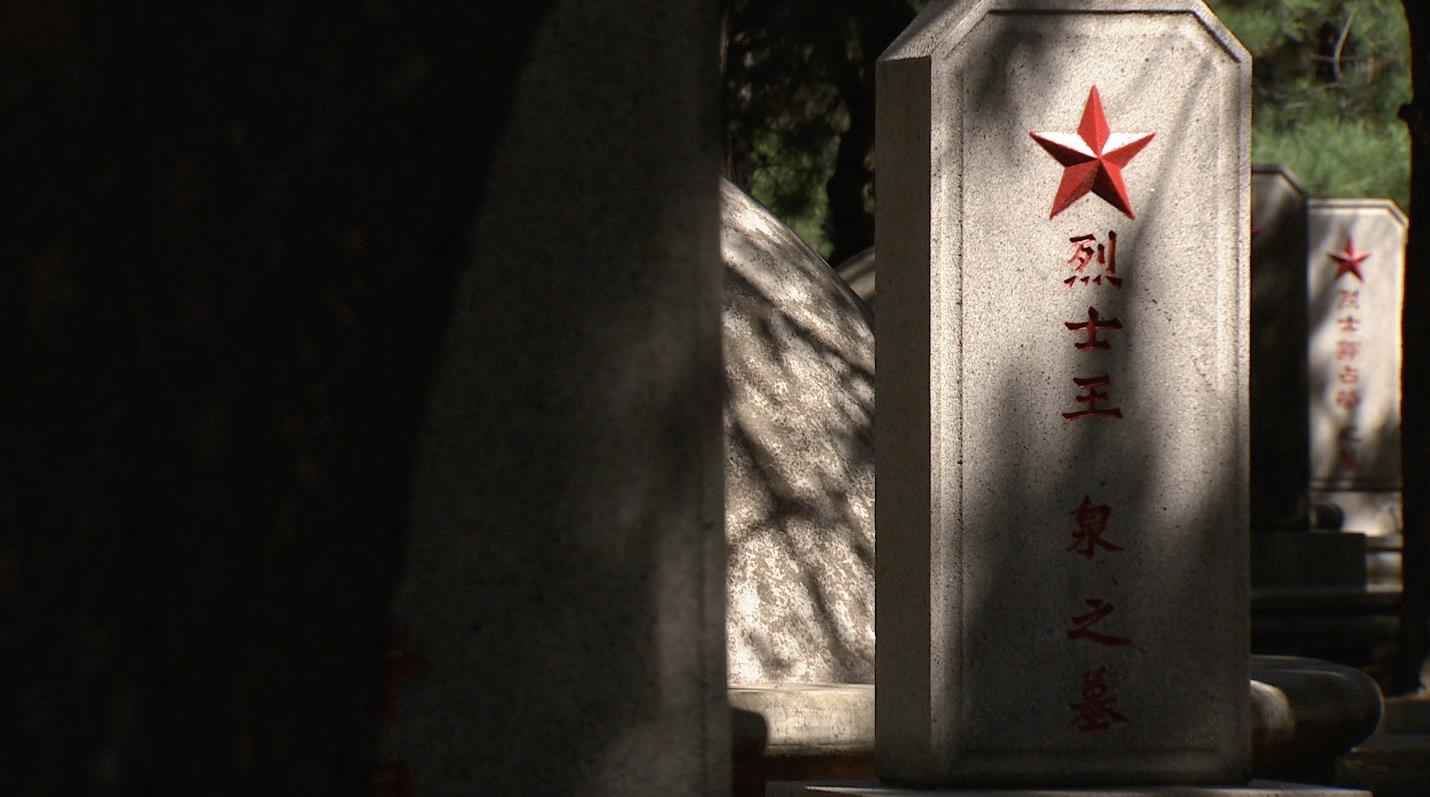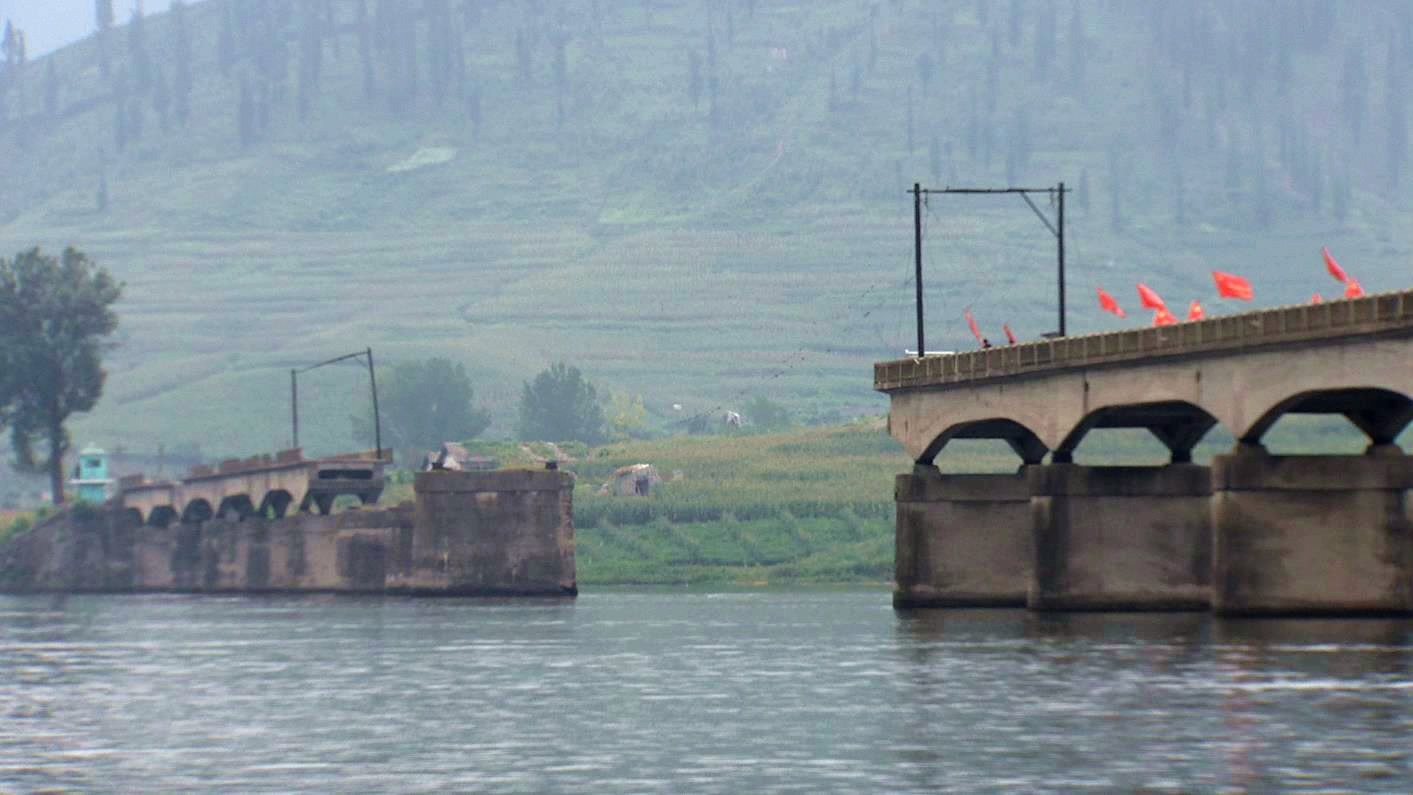
Culture
22:40, 14-Sep-2017
Remembering the Korean War to prevent fresh conflict
By CGTN's Cui Hui'ao

One of the three places serving as a lifeline to the DPRK, Hekou Broken Bridge in Dandong, a border city in China's northeast Liaoning Province, is a lasting symbol of the brutal battlefield. It used to see hundreds of thousands of soldiers marching over it to the Korean war-front.
Dou Chaoli’s father, Dou Xiangcheng, was one of the soldiers. He was colonel of the 150th division of the 50th Volunteer Chinese Army, who was among the first batch of Chinese soldiers to cross over the bridge to the battlefield in Pyongyang and Seoul.

Dou Xiangcheng / from Dou Chaoli's photo album
Dou Xiangcheng / from Dou Chaoli's photo album
“My father didn’t tell me much about the marching, perhaps because the task was so urgent, and he didn’t even have time to think. They were commanded to cross the border and defend the west coasts of the DPRK,” said Dou.
A surname “Chaoli” given by his father, in Chinese means “the victory of the Korean War” implies how brutal and devastating the war was.
“It was during the Third Campaign of the War that the 50th Volunteer Army suffered the most losses. The entire army persisted on the battlefields along the Han River near Seoul for 50 days, during which more than 10,000 soldiers died.”
According to official statistics, over 600,00 Chinese and Korean soldiers were killed or injured in the Korean War.

Tumb of martyr who died in the Korean War /CGTN photo
Tumb of martyr who died in the Korean War /CGTN photo
In 2014, the remains of 437 Chinese soldiers killed in the Korean War finally returned to their motherland, buried in the underground of Shenyang Cemetery for Revolutionary Martyrs.
Since then, transfers of heroes' remains have continued. Built in 1951, the Shenyang cemetery is now full of green pines and verdant cypresses.
The final resting place is a solemn reminder of the past, for people to always cherish peace.

Hekou Broken Bridge /CGTN Photo
Hekou Broken Bridge /CGTN Photo
Time has witnessed the deep bonds between China and the DPRK, as well as people’s remembrance of those who gave their lives in this war.
Lu Chao, director of Peninsula Studies at Liaoning Academy of Social Sciences noted, “Nobody wants to see another war break out on the peninsula. It would bring no good to anybody.”
He said under the current circumstances, peace and stability on the peninsula could only be achieved through “a two-suspension approach", which Chinese Foreign Minister Wang Yi had described as a combination of sanctions and dialogue.
681km

SITEMAP
Copyright © 2018 CGTN. Beijing ICP prepared NO.16065310-3
Copyright © 2018 CGTN. Beijing ICP prepared NO.16065310-3